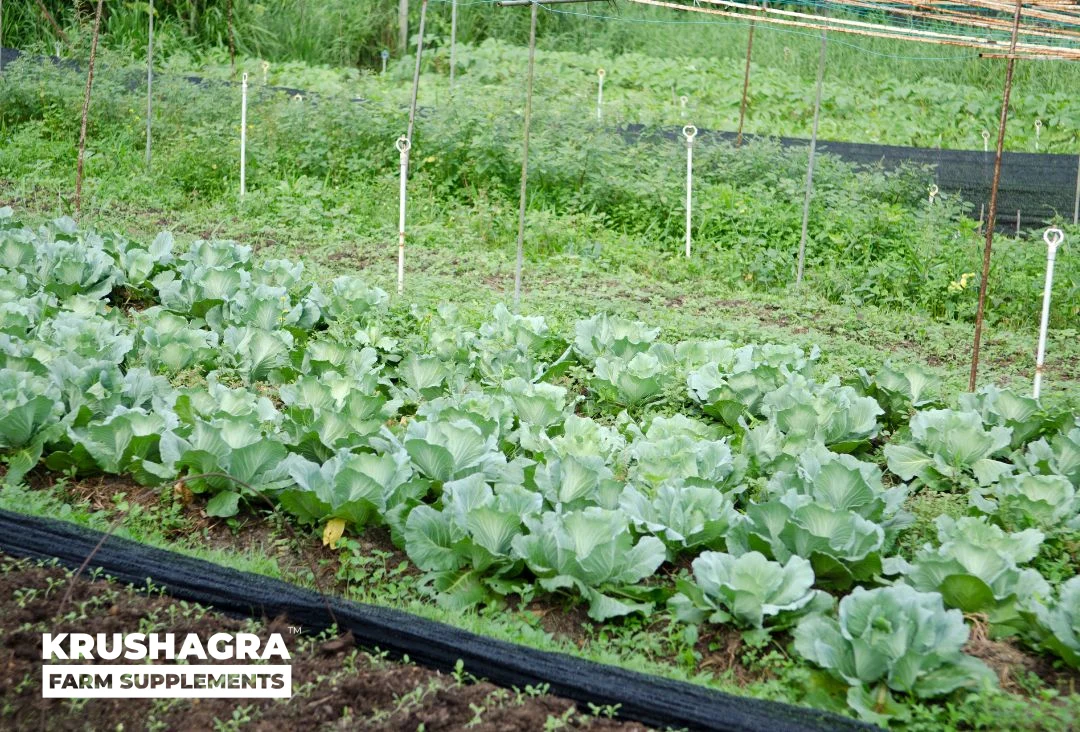Organic farming is not a new concept in Indian agriculture. The history of the country’s farming sector suggests that, for a long time, much before the invention of synthetic fertilizers and their introduction to Indian lands, people relied on fertilizers and pesticides acquired from plant and animal products.
With the green revolution era, the entry of chemical fertilizers, pesticides, and modern irrigation techniques impacted the cultural practices of natural and organic farming. It helped to increase crop yields and enabled the agriculture sector to fulfill the needs of the growing population within the country. Eventually, it turned out to be economically beneficial and has helped India become one of the biggest exporters of agricultural products worldwide.
But like every innovation that challenges old notions and showcases a new set of drawbacks, this experimentation has also impacted the environment in a harmful way. The usage of synthetic fertilizers has been affecting soil fertility and contributing to climate change.
Farming has become a tedious task in times when there is an increasing demand from the country’s population, which seems to be growing at an exponential rate by every year. This is a major issue because land, water, and other natural resources are becoming increasingly scarce.
The soil erosion has affected agriculture itself and also the hygienic value of food that is being produced and consumed by the people.
Now farmers are considering switching to organic methods of agriculture and assure better environmental health and good quality food products. In this case, biofertilizers play an important role in accelerating this process.
What is a biofertilizer?
In simple words, biofertilizer contains living microorganisms and naturally acquired substances. It offers essential nutrients to the crops and allows plant growth without adding any chemical inputs and soil degradation. These inoculants utilize the microbes that stimulate biological processes within the soil, unlike fertilizers that are directly implemented on plants.
Benefits of Biofertilizers
Affordability: Apart from excluding synthetic substances that cause water corrosion and soil degradation, biofertilizers are also considered to be a more viable and affordable option for farmers.
According to the reports of an experiment that was conducted in Tamil Nadu, 25 kg of nitrogen supplied by chemical fertilizers costs Rs 180 per hectare whereas the application of blue-green algae reduces those charges to just Rs 54. This works as the cheapest economic model, especially for peasants coming from lower economic backgrounds. These substances are easy to apply. Training the farmers properly about their types, and methods will enhance their user-friendliness.
Supplier of essential nutrients and increases soil fertility: Biofertilizers provide nitrogen, phosphorous as well as micronutrients to the soil. It nurtures the soil with organic matter that has a great impact on its physical and chemical characteristics.
It makes the soil more resilient against acidity and alkalinity. Biofertilizers like azotobacter and blue-green algae synthesize the growth hormones that are beneficial for the main crop.
Longevity and weather-resistant: It also helps in improving the crop’s resistance to natural restrictions like droughts, excessive water, and extreme cold. In addition to that, biofertilizers have a longer shelf life as compared to other substitutes.
Having said that, awareness of biofertilizers’ usage is the need of the hour. For a long time, farmers have been dependent on chemical substances to increase crop yields. Shifting the process to organic farming will be a slow process. Rightly so, it is gaining enough attention with the increasing discourse on climate change.
Many social organizations, state administrations as well as central governments are focusing on getting back to this sustainable radar. There is a conscious effort on educating farmers on the importance of organic farming, using biofertilizers and natural pesticides to increase crop productivity. Individuals who are passionate about growing their food and own land, are opting for the organic mode of farming and cultivating crops according to their capacity.
The rising popularity of consuming clean food among people is also helping in boosting the market for biofertilizers. Adopting these microbial inoculants will ensure sustainable growth of agriculture, better financial security for farmers with a reduction of cultivation costs, and much healthier food for the public.





